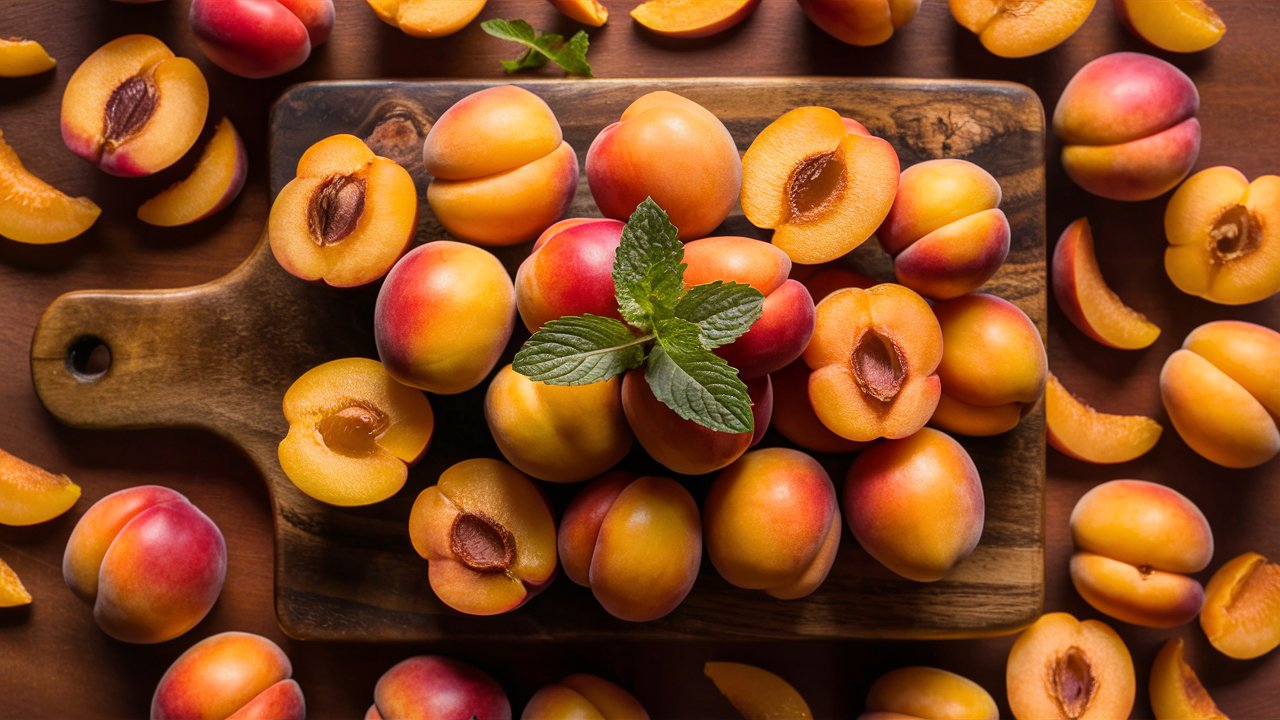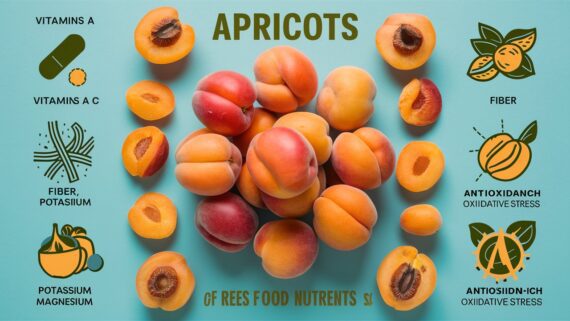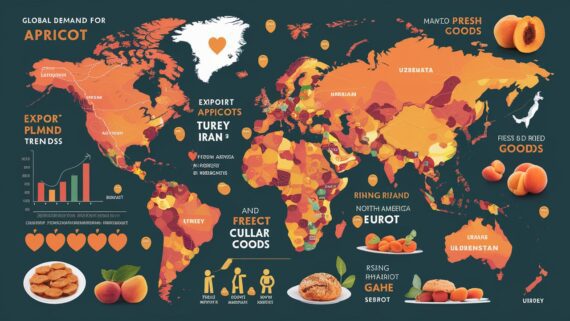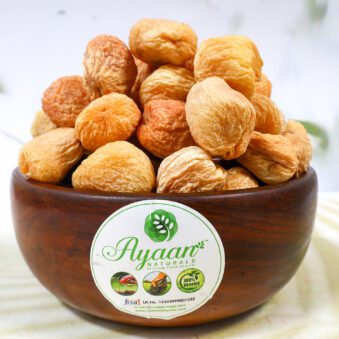- Your cart is empty
- Continue Shopping
Benefits of Apricots: A Nutritious Delight for Every Table

Introduction (100 words)
Apricots, those delightful golden fruits, have been cherished for centuries not only for their delectable taste but also for their impressive nutritional profile. As a traditional agricultural product, apricots hold a special place in the global market, attracting both consumers and export market professionals alike. With their rich history and cultural significance, apricots are more than just a fruit; they are a symbol of heritage and health. In this blog post, I’ll delve into the fascinating world of apricots, exploring their journey from orchards to international markets, and offer insights for export market professionals interested in this traditional agro product.
History and Cultural Significance of Apricots (150 words)
Apricots have a storied past that dates back thousands of years. Originating in China around 2000 BCE, these fruits eventually made their way to Persia and the Mediterranean, thanks to the Silk Road traders. Apricots were highly valued in ancient cultures not just for their flavor, but also for their supposed medicinal properties. In traditional Chinese medicine, apricots were used to treat various ailments, and in Persian culture, they symbolized fertility and good luck.
The apricot’s journey continued into Europe and the Americas, where it became a staple in many culinary traditions. Today, countries like Turkey, Iran, and Uzbekistan are leading producers, exporting apricots worldwide. Each region has its unique apricot varieties and uses, from dried snacks to jams and culinary dishes. This rich history and cultural tapestry make apricots an intriguing subject for those interested in traditional agricultural products and their global significance.
Nutritional Benefits of Apricots (150 words)
Apricots are more than just a tasty treat; they pack a nutritional punch that makes them a valuable addition to any diet. Rich in vitamins A and C, apricots support eye health and boost the immune system. They are also a good source of dietary fiber, which aids in digestion and helps maintain a healthy weight.
Moreover, apricots contain essential minerals such as potassium and magnesium, which are crucial for maintaining healthy blood pressure and proper muscle function. The antioxidants in apricots, including beta-carotene and polyphenols, combat oxidative stress and reduce inflammation. Whether enjoyed fresh, dried, or in various culinary forms, apricots offer numerous health benefits, making them an attractive choice for health-conscious consumers and export market professionals seeking to highlight traditional agro products with strong nutritional profiles.
Cultivation and Harvesting Practices (150 words)
Cultivating apricots requires a blend of knowledge and care to produce high-quality fruit. Apricot trees thrive in temperate climates with cold winters and warm, dry summers. They prefer well-drained soil and require full sun exposure to develop their rich flavor and vibrant color.
During the growing season, apricot trees need regular watering, but overwatering can lead to root rot. Pruning is essential for maintaining tree health and ensuring a good yield. Harvesting typically occurs in late spring to early summer when the fruit is fully ripe. Farmers must time the harvest carefully, as apricots do not continue to ripen after picking.
Understanding these cultivation and harvesting practices is crucial for export market professionals. High-quality apricots result from meticulous care throughout the growing season, which in turn influences their market value and appeal to international buyers.
Global Market Demand for Apricots (150 words)
The global demand for apricots is on the rise, driven by their versatility and health benefits. Major producers such as Turkey, Iran, and Uzbekistan dominate the market, supplying fresh, dried, and processed apricots to countries around the world.
In recent years, consumer interest in healthy and natural foods has bolstered apricot demand, especially in regions like North America and Europe. Dried apricots, in particular, have become popular as a snack and ingredient in various recipes, from baked goods to salads.
Emerging markets are also showing increased interest in apricots, driven by a growing awareness of their nutritional benefits and culinary uses. Export market professionals must stay attuned to these trends and preferences to effectively tap into the expanding global market for apricots. Understanding regional demand and adapting to market shifts are key to successful international trade in this traditional agro product.
Apricots in the Export Market (150 words)
Apricots hold a significant position in the export market due to their high demand and versatile uses. Major exporters, like Turkey and Iran, supply a wide range of apricot products, including fresh fruit, dried apricots, and apricot-based ingredients like jams and purees. These products cater to diverse markets, from health-conscious consumers seeking natural snacks to culinary professionals using apricots in gourmet dishes.
The export market for apricots is influenced by factors such as quality, packaging, and compliance with international standards. High-quality dried apricots, in particular, are prized for their long shelf life and concentrated flavor, making them a favorite in global trade. For export market professionals, understanding the nuances of apricot quality and market preferences is crucial. Adapting to changing regulations and consumer trends can help maintain competitiveness and ensure successful export operations in this flourishing market.
Challenges and Opportunities in Apricot Export (150 words)
Exporting apricots presents both challenges and opportunities for market professionals. One major challenge is managing the perishable nature of fresh apricots, which requires careful handling and logistics to ensure they reach international markets in prime condition. Additionally, fluctuations in supply due to climate conditions can impact availability and pricing.
On the other hand, opportunities abound in the growing demand for dried apricots and apricot-based products. As consumer awareness of health benefits increases, so does the interest in these products. Expanding into emerging markets and diversifying product offerings can also provide new revenue streams.
Understanding and navigating export regulations, quality standards, and market trends are crucial for success. By addressing these challenges effectively and leveraging market opportunities, export professionals can enhance their competitive edge and capitalize on the rising global demand for apricots.
Best Practices for Exporting Apricots (150 words)
To excel in the apricot export market, adhering to best practices is essential. Start by ensuring the quality of apricots through rigorous sorting and grading processes. For fresh apricots, employ proper packing techniques to minimize damage and extend shelf life. Utilize temperature-controlled logistics to preserve freshness during transit.
For dried apricots, focus on consistent drying and packaging to maintain quality and flavor. Compliance with international food safety standards and export regulations is crucial to avoid legal issues and ensure smooth market entry.
Building strong relationships with reliable suppliers and distributors can enhance your supply chain efficiency. Staying informed about market trends and consumer preferences will help tailor your offerings to meet demand effectively. By implementing these best practices, you can achieve success in the competitive apricot export market and position your brand as a trusted player in the industry.

